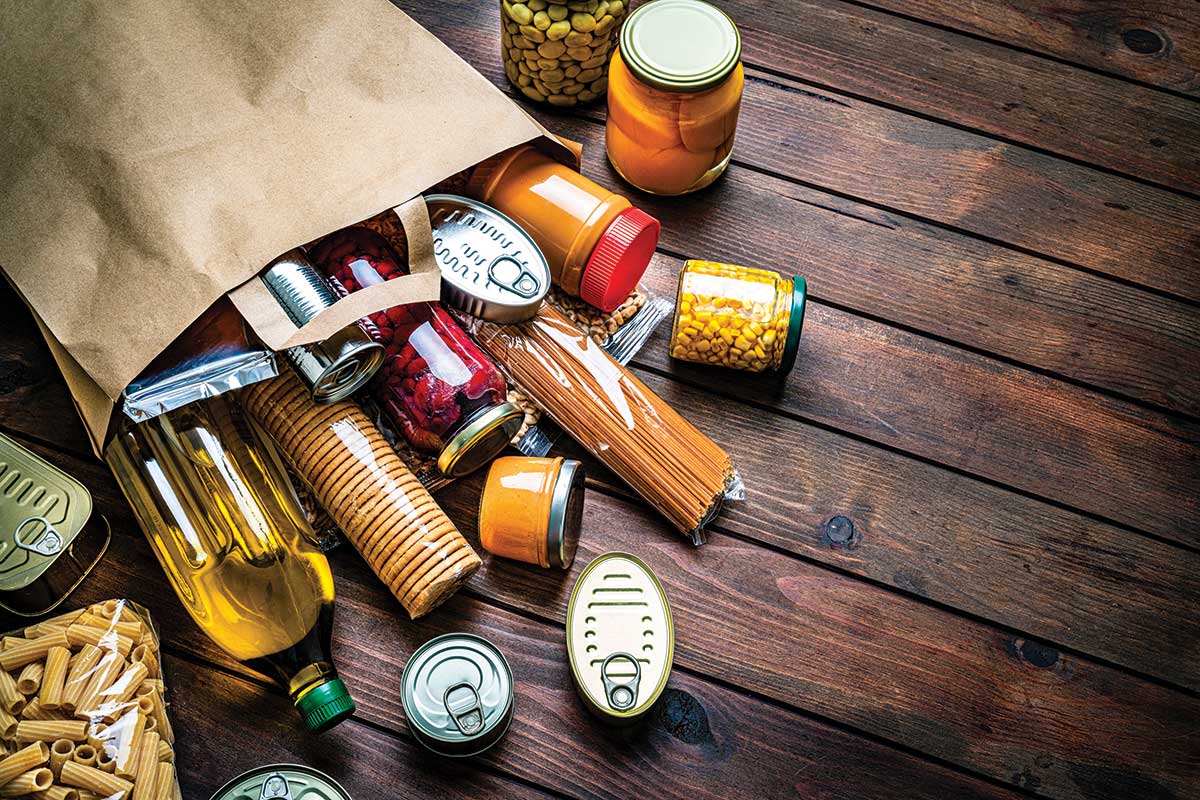Winter can bring beautiful days for brisk walks and snow angels. Winter’s fury can also produce icy roads, subfreezing wind chills and power outages.
Unfortunately, heavy snow and accumulating ice can easily bring tree limbs down on power lines, cutting off power to homes and businesses.
Planning can make riding out a prolonged power outage much safer and a little more comfortable. How long it takes for your power to be restored depends on several factors: the extent of the storm’s destruction, the number of outages in your area and when it becomes safe for co-op personnel to get to the affected areas.
Take steps to help keep your family safe and comfortable during a winter storm long before one is forecast. A good way to start is to put an emergency kit together. Your electric cooperative suggests starting with these items.
Water: Stock up on bottled water for consumption. The Federal Emergency Management Agency recommends storing at least 1 gallon per person per day.
Food: Have enough food, including nonperishable packaged or canned foods, juices, special foods for infants or the elderly, and snack foods, for three to seven days.
Utensils: Be sure you have a manual can opener, paper plates and plastic utensils.
Layers and added warmth: Gather blankets, pillows and warm clothing.
Medicine and other items: Include a first-aid kit, common over-the-counter drugs, prescriptions and any essential medical equipment.
A phone charger: Keep a fully charged power pack on hand.
Also gather:
- Toiletries, hygiene items and moist towelettes.
- A flashlight and extra batteries.
- A battery-operated radio or a National Oceanic and Atmospheric Administration weather radio.
- A list of emergency phone numbers.
- Toys, books and games.
- Pet food and other pet care items.
- Supplies for alternate heating methods, such as a fireplace or wood-burning stove.
Make sure your heating system is in proper working order and observe these safety tips:
- Never use a portable generator indoors, in a garage, or anywhere near windows or doors because they emit deadly carbon monoxide.
- Never plug a portable generator into a wall outlet. Doing so can create deadly backfeeding, which occurs when electricity travels from the generator through the power lines.
- Monitor the temperature in your home. Infants and older people are more susceptible to the cold.
- Avoid going outside. Downed power lines could be hidden in snow and ice, making them difficult to identify. Assume all downed and hanging lines are energized and deadly.


